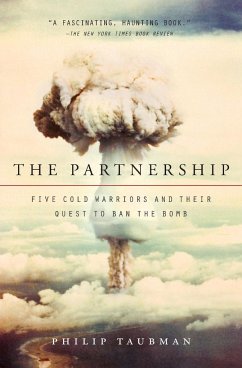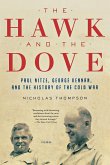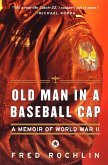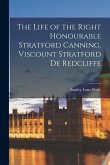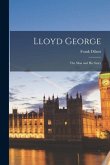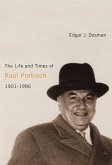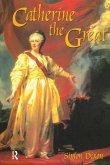A terrorist attack with nuclear weapons is the most dangerous security issue America faces today?and we are far more vulnerable than we realize. Driven by this knowledge, five men?all members of the Cold War brain trust behind the U.S. nuclear arsenal?have come together to combat this threat, leading a movement that is shaking the nuclear establishment and challenging the United States and other nations to reconsider their strategic policies. Illuminating and thought-provoking, The Partnership tells the little-known story of their campaign to reduce the threat of a nuclear attack and, ultimately, eliminate nuclear weapons altogether. It is an intimate look at these men?Henry Kissinger, George Shultz, Sam Nunn, William Perry, and the renowned Stanford physicist Sidney Drell?the origins of their unlikely joint effort, and their dealings with President Obama and other world leaders. Award-winning journalist Philip Taubman has provided an important and timely story of science, history, and friendship?of five men who have decided the time has come to dismantle the nuclear kingdom they worked to build.
Bitte wählen Sie Ihr Anliegen aus.
Rechnungen
Retourenschein anfordern
Bestellstatus
Storno

